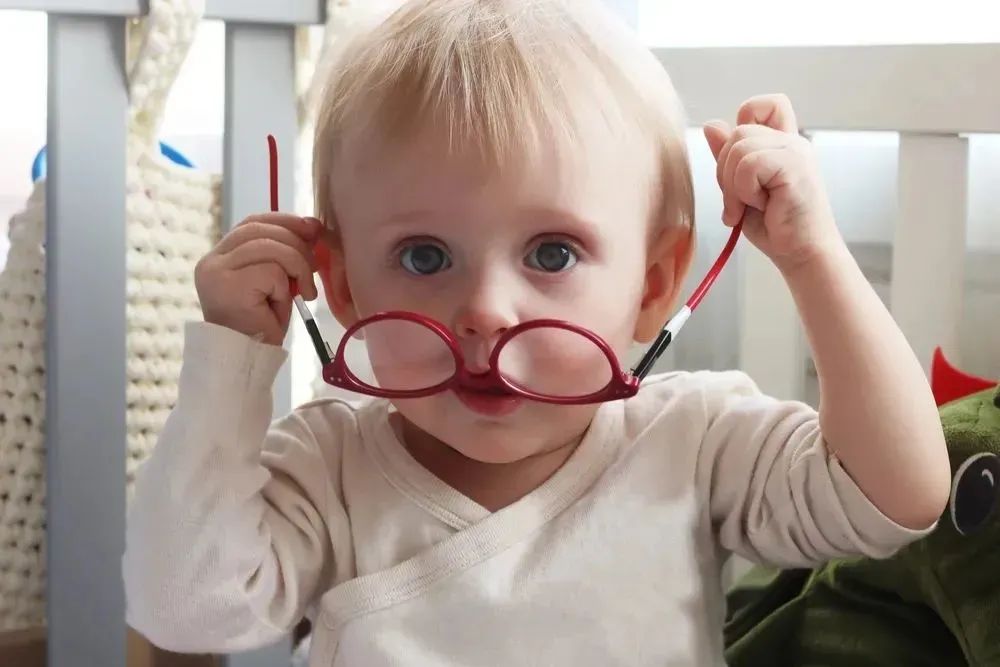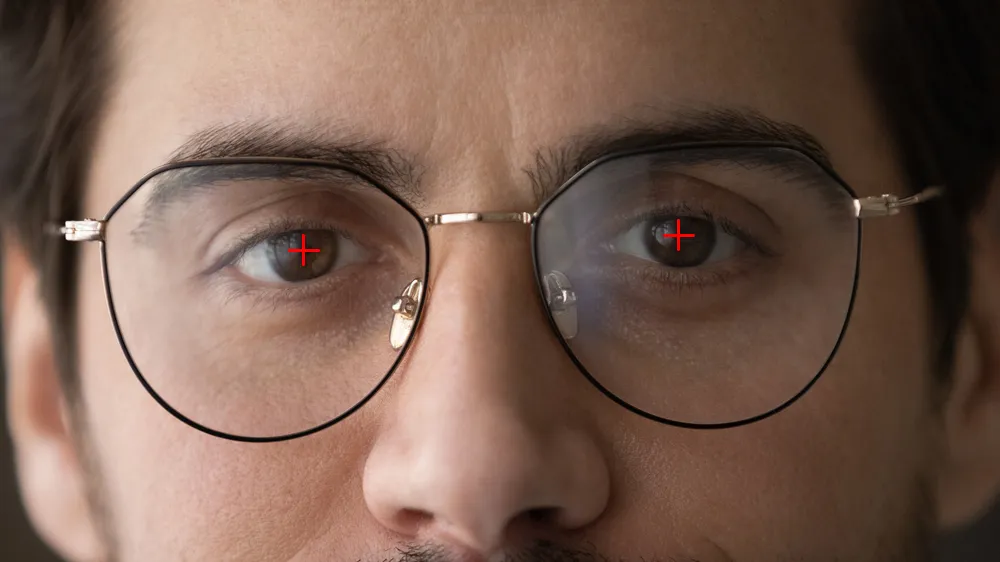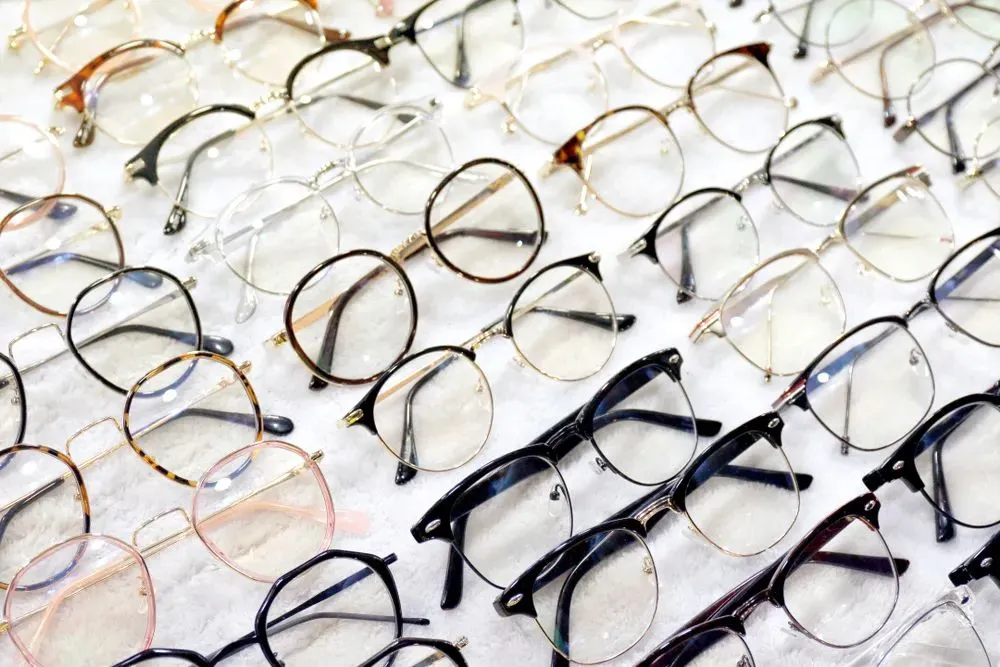——If the lenses are fine, why change them?
——It’s so annoying to get new glasses and take a long time to get used to them.
——I can still see clearly with these glasses, so I can keep using them.
But in fact, the truth might surprise you: Glasses actually have a “shelf life”!
When we talk about the usage cycle of glasses, you might first think of daily disposable or monthly contact lenses. Did you know that prescription glasses also have a limited usage cycle? Today, let's discuss why it’s important to regularly change your glasses, especially the lenses.

01 Lens Wear and Tear
As the core component of glasses, lenses possess very precise “optical properties,” essential for maintaining good vision health. However, these properties are not static; they are influenced by various factors such as time, material, and wear.
Over time, as you use optical lenses, they inevitably accumulate wear due to dust in the air, accidental bumps, and other reasons. Wearing damaged lenses can easily lead to visual fatigue, dryness, and other symptoms, and can also worsen nearsightedness.
Due to unavoidable wear and aging, regularly changing lenses is crucial for keeping glasses in good optical condition. This should not be taken lightly!
02 Changes in Vision Correction
Even when wearing glasses, poor habits such as prolonged near vision work and excessive use of electronic devices can easily deepen refractive errors and lead to an increase in prescription strength. Moreover, young people are often at the peak of their physical development, face substantial academic pressure, and frequently use electronic devices, making them more susceptible to changes in vision.
The visual correction provided by lenses should be promptly updated to match the current vision status. For young people with myopia, it is recommended to have a refractive check every three to six months, while adults should have one every one to two years. If you find that your glasses no longer suit your refractive changes, you should replace them in a timely manner.

The Dangers of Keeping Glasses Past Their Prime
To protect our eye health, it is essential to replace glasses as needed. Wearing the same pair indefinitely can have detrimental effects on the eyes. If glasses “overstay their welcome,” they may cause the following issues:
01 Uncorrected Prescription Leading to Rapid Deterioration
Generally, the refractive state of the eyes changes over time and with different visual environments. Any change in parameters may render previously suitable glasses inappropriate. If lenses are not changed for a long time, this can lead to a mismatch between the degree of vision correction and actual needs, accelerating the progression of refractive error.
02 Severe Wear on Lenses Harming the Eyes
Lenses can become aged with extended use, leading to reduced clarity and light transmission. Furthermore, scratches and various degrees of wear can impact light transmission, causing significant visual blurriness, eye fatigue, and in severe cases, may exacerbate nearsightedness.
03 Deformed Glasses Affecting Vision
You often see friends wearing severely deformed glasses—bent from being hit while playing sports or squashed—only to fix them casually and continue to wear them. However, the optical center of the lenses must align with the center of the pupils; otherwise, it can easily lead to conditions like latent strabismus and symptoms like visual fatigue.
Thus, many people feel that their vision has stabilized—that as long as the glasses are intact, they can be worn for years. This belief is misguided. Regardless of the type of glasses you wear, regular check-ups are essential. If discomfort arises, timely adjustments or replacements should be made. Keeping glasses in optimal condition is vital for maintaining our eye health.

Post time: Oct-11-2024

